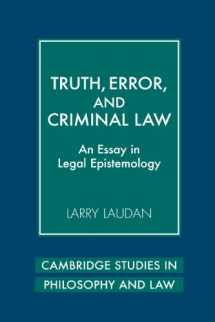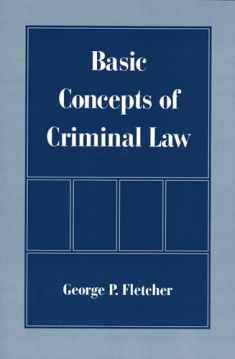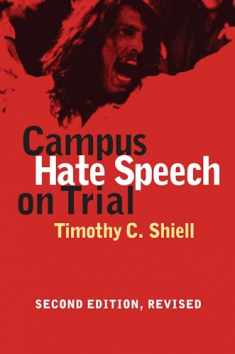
Truth, Error, and Criminal Law: An Essay in Legal Epistemology (Cambridge Studies in Philosophy and Law)
Book details
Summary
Description
This book treats problems in the epistemology of the law. Beginning with the premise that the principal function of a criminal trial is to find out the truth about a crime, Larry Laudan examines the rules of evidence and procedure that would be appropriate if the discovery of the truth were, as higher courts routinely claim, the overriding aim of the criminal justice system. Laudan mounts a systematic critique of existing rules and procedures that are obstacles to that quest. He also examines issues of error distribution by offering the first integrated analysis of the various mechanisms-the standard of proof, the benefit of the doubt, the presumption of innocence and the burden of proof-for implementing society's view about the relative importance of the errors that can occur in a trial.


We would LOVE it if you could help us and other readers by reviewing the book
Book review





